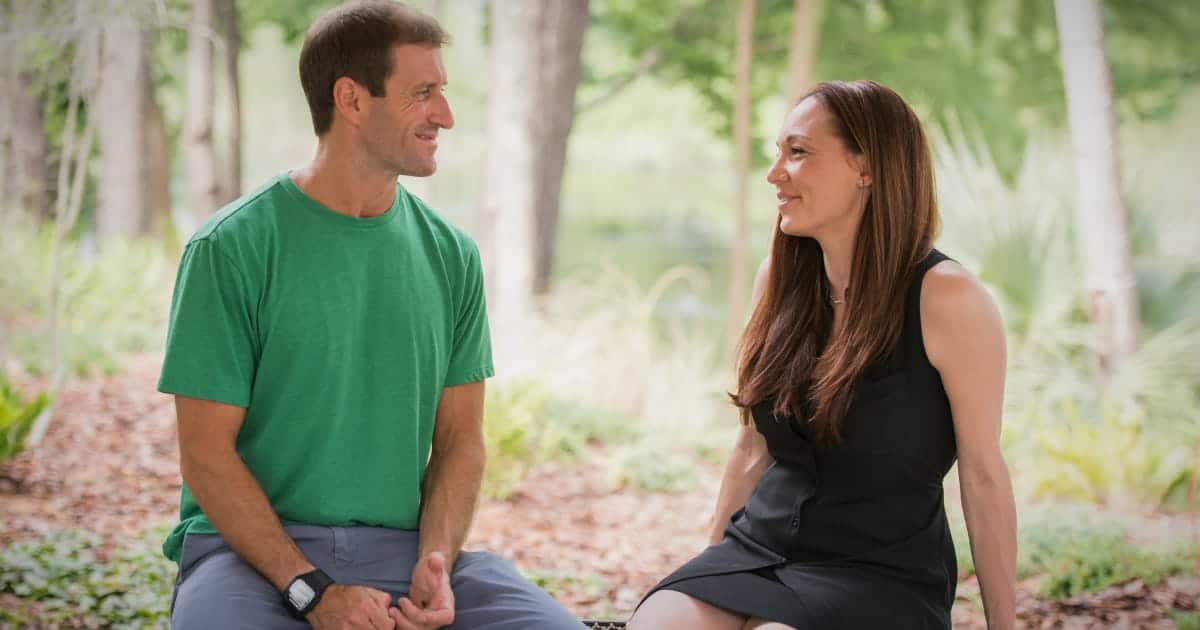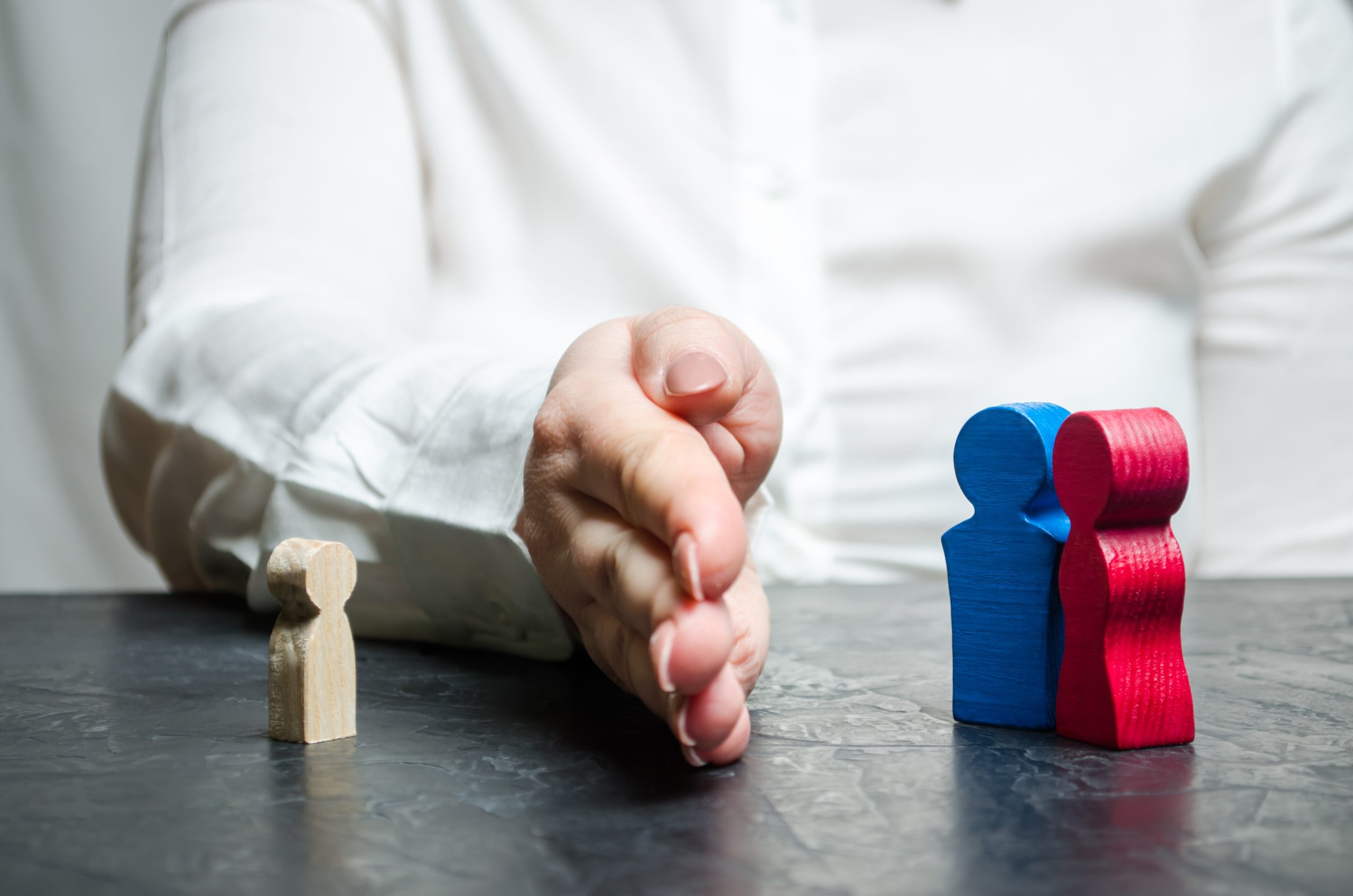

By: Michael Rass
Living with a partner suffering from a substance use disorder can seriously erode the relationship. Very often, the addictive behavior eliminates all romantic sentiments as the negative consequences of the SUD become so severe that the partner can no longer tolerate them. Parting ways might be the only sensible option left. The marriage of former ABC News anchor Elizabeth Vargas, for instance, did not survive her substance use disorder. The same is true for Guns N’ Roses bass guitarist Duff McKagan. Shortly after hitting rock bottom, his second marriage fell apart. Fortunately, his third wife became instrumental in stabilizing his recovery. If the love relationship has not been degraded beyond repair, the partner can play a vital role in the recovery of their significant other. At Lakeview Health, life partners can participate in a three-day family workshop together with family members of other patients. “The two of them need to work on restoring trust because trust is almost always a casualty in addiction. They need to be able to do that in small steps,” explains Lakeview family therapist Ken Wynn. “They also should give the person recovering from addiction the freedom to establish their own support recovery network. Sometimes that can be difficult.” Family therapy will help the partner better understand the disease of addiction and—consequently—the behavior of their spouse. In many cases, co-occurring conditions like trauma or depression are behind the substance use. “The partner will also learn to identify enabling behaviors and how to avoid them in the future,” says Wynn. In the workshop, partners explore the dangers of codependency and learn how to set clear boundaries. “Partners learn to deal with their own resentments and any feeling of guilt and shame they might have,” says Wynn. “Sometimes, wives complain that ‘he got sober for rehab when he wouldn’t get sober for me.’ They need to be mindful of such emotions and avoid getting jealous of the recovery fellowship.” Ideally, they need to connect with a support system themselves. Both partners need to work on tolerance and empathy. “Compassion is the most powerful tool you can have when it comes to healing addictions of any kind,” write Christopher Kennedy Lawford and Beverly Engel in When Your Partner Has an Addiction. Recovery is not an easy task. Understanding addiction and good, compassionate communication are crucial. Codependent behavior has to turn into compassionate behavior, write Lawford and Engel. “When we are being truly compassionate, our intentions are motivated by love and selflessness. In contrast, the underlying motive of codependency is self-protection.” Both marriage and recovery are works in progress that need continuous honest input by both sides. Partners need to realize that patients won’t return from rehab as the person they knew before the addiction. “And patients need to help reestablish trust with their attitude and behavior, and earn back the trust of their non-addicted partners. Continued recovery requires understanding and patience. People recovering from addiction need time and just because they are not suddenly angels doesn’t mean they are in relapse mode,” says Wynn. As Chris Lawford points out, recovery is a lifelong process. “The learning never ends.”





